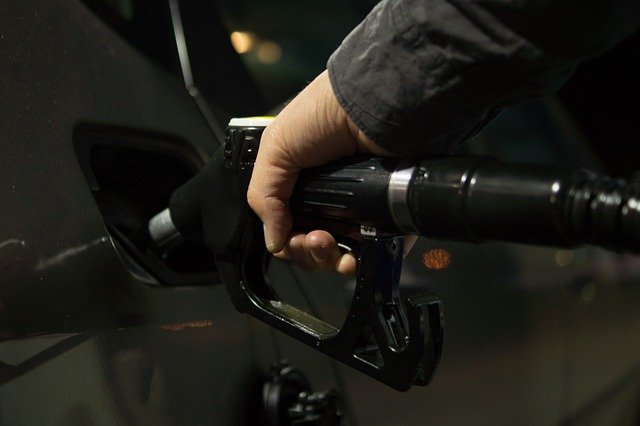
Which is better the RV, diesel or gas?
cannon
- 0
Introduction
If you’re considering buying a recreational vehicle, you might be wondering whether to get one that runs on a diesel engine or one that runs on gasoline. There are many pros and cons of each type of RV, so let’s take a closer look at them here. We’ll start with an overview of how each type works and then dive into how they differ in terms of cost, speed, and power.
Cost of Diesel vs Gas
Generally, diesel is cheaper to buy than gas. The cost of diesel is generally lower per gallon than the cost of gas. However, because diesel engines are more efficient and can get better mileage than comparable gasoline engines, they usually have a longer lifespan and will last longer before needing any repairs or maintenance. In addition to these factors that affect initial costs, there are also other things you should consider when deciding between purchasing a diesel or gas RV:
Power of Diesel vs Gas
Diesel engines produce more torque than gas engines at lower RPMs, whereas gas engines produce more horsepower (and therefore speed) at higher RPMs. This means that diesel vehicles are generally better for towing, especially when you have a heavy load. They also need less maintenance and can be more efficient depending on the type of truck or vehicle you’re driving. Gasoline vehicles, on the other hand, are easier to start in cold weather and tend to get better fuel economy than their diesel counterparts — though the difference isn’t huge (about 5 percent).
Noise Level of Diesel vs Gas
The noise level of diesel vs gas is another factor to consider when deciding which type of motor you prefer. Diesel engines are louder than gas models, so the noise will be more noticeable in a small space like an RV. Inside an RV that uses gasoline, most people say they can’t hear the engine at all. However, if you’re outside with the engine running and it’s windy out there may be some slight wind noise coming through your windows or doors as well as some exhaust fumes from your tailpipe—but this isn’t too bad since most RVs have good insulation anyway (unless it’s really old).
Speed of Diesel vs Gas
If you’re looking for speed, then diesel is the answer. The average gas RV can reach speeds of up to 65 miles per hour while a diesel RV will be able to cruise at around 70 miles per hour. This isn’t always a necessity, but it can certainly make those long trips more enjoyable. If you plan on doing any off-roading or driving over rough terrain, then having a powerful engine under the hood is going to be very beneficial in getting your RV where it needs to go without experiencing any issues.
The downside of using diesel fuel is that it’s not as readily available as gasoline and tends to cost more when compared with its counterpart on price per gallon basis (price per gallon).
Towing Capacity of Diesel vs Gas
- Gas RV’s have a higher towing capacity
The main reason for this is that the towing capacity of diesel RVs is usually lower than the towing capacity of gas RVs. This means that you can tow more weight with a gas RV than with a diesel one, which is great if you want to tow something like a boat or trailer. However, if you don’t need to tow anything behind your RV and just want it for travel purposes then this won’t be an issue for you at all!
- Diesel RV’s have a higher towing capacity
If you do need to tow something behind your motorhome then it makes sense that diesel motorhomes should have more power and thus better handling abilities when doing so. This being said though there are many different aspects which ultimately determine how well an RV performs in this area such as suspension systems/gear ratios etcetera so make sure that whichever model suits best for your needs matches up closely enough before making any final decisions about what type might work best based on its specifications alone (as opposed to just going down blind alleys).
There are some benefits to both a diesel and a gas RV.
So, which is better? Well, there are some benefits to both diesel and gas RVs. Diesel engines can be more powerful, while gas engines are faster. Diesel engines have better fuel economy, while gas engines produce less noise. Ultimately it comes down to individual preferences and needs—which is more important to you?
Conclusion
In conclusion, the decision to buy a diesel RV or gas RV is not an easy one. There are some benefits to both types of vehicles, but ultimately you need to weigh your options and decide which type works best for your family.
Related
Post Disclaimer
The information contained in this post is for general information purposes only. The information is provided by me and while we endeavor to keep the information up to date and correct, we make no representations or warranties of any kind, express or implied, about the completeness, accuracy, reliability, suitability or availability with respect to the website or the information, products, services, or related graphics contained on the post for any purpose.

